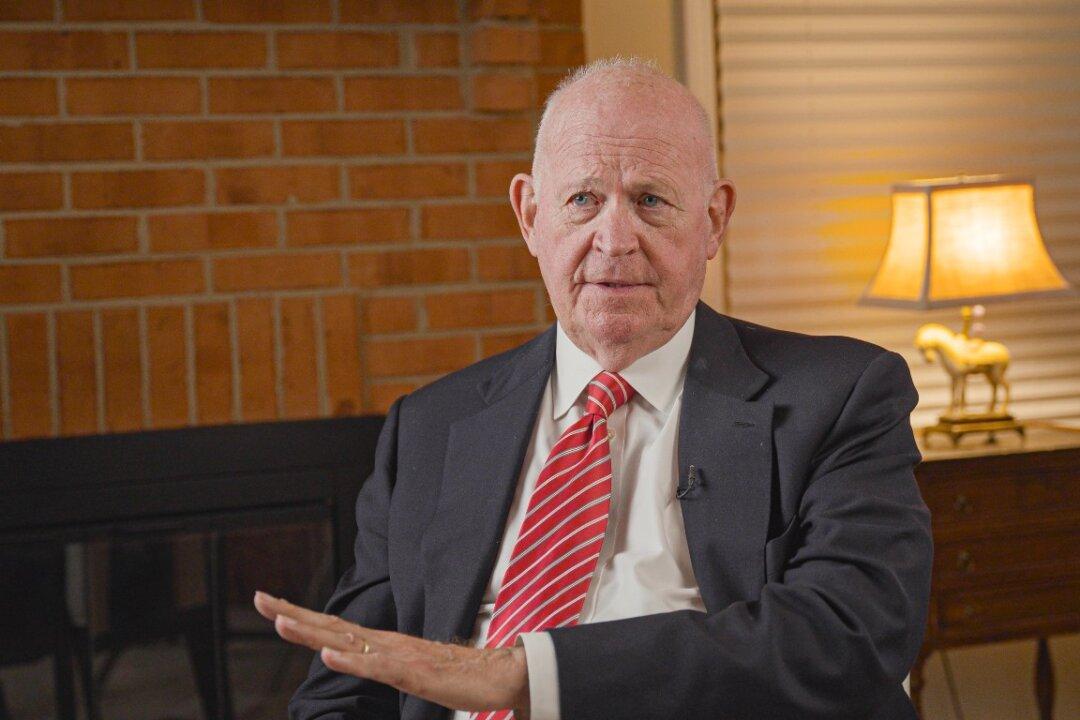“They’re outsmarting us,” says China expert Michael Pillsbury. “It’s really very simple.”
In this recent episode of “American Thought Leaders,” host Jan Jekielek talks with Michael Pillsbury, director for Chinese strategy at the Hudson Institute and author of “The Hundred-Year Marathon: China’s Secret Strategy to Replace America as the Global Superpower.” Pillsbury played a key role in the United States initiating military and intelligence ties with China as far back as the 1980s. Here, they discuss China’s Warring States tactics, its secret exploitation of America to fuel its own rise, and the pressing reasons why the United States needs to formulate a response.






